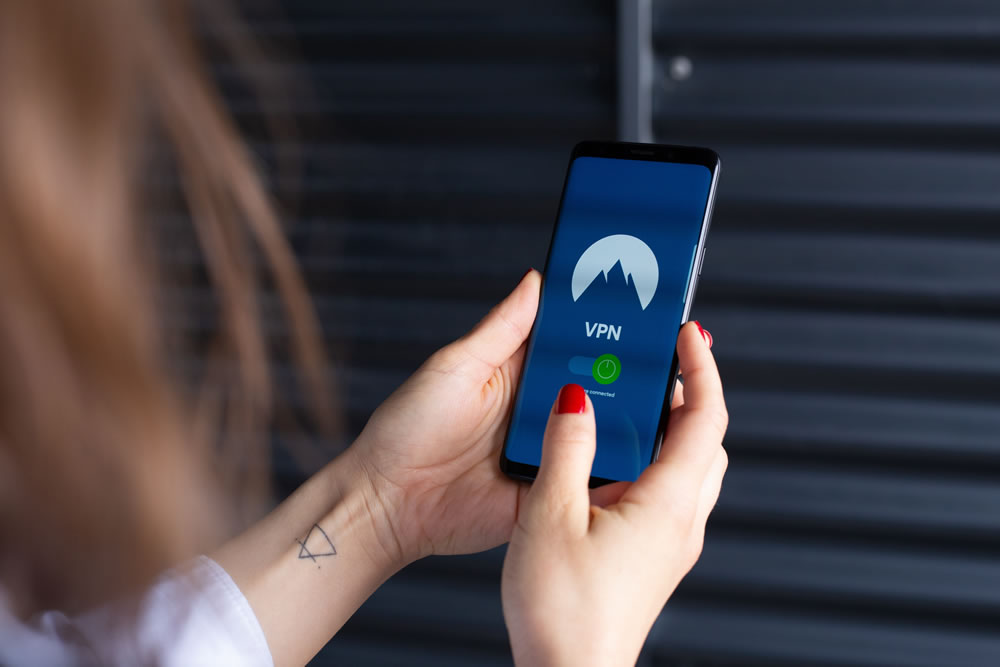Protecting personal assets and data from criminals is essential whoever you are, but for high-net-worth individuals with plenty to lose, it is even more paramount. A fundamental element of any wealth management strategy, making sure you have all bases covered both online and off can feel challenging – but with a growing choice of security measures available to those willing to pay the price, it is certainly achievable.
If you’re already on top of the usual measures, like installing security cameras at your premises and working with trusted advisors to manage your affairs, then it’s easy to fall into the trap of thinking you’re doing enough – but sadly, that isn’t always the case. Cyber crime is on the rise, costing individuals upwards of £27 billion a year, and hackers are becoming more and more sophisticated in their attempts to access private and personal data – so vigilance online is now as important – if not more so – than off.
According to a recent study, a shocking 38 per cent of ultra high-net-worth individuals (UHNWs) and high-net-worth individuals (HNWIs) combined admit to not currently having a robust cyber security plan in place, and with the former having an average worth of £830 million, the time for change is coming.
Here, we take a look at some of the crucial measures you should be implementing to protect yourself and your family – both online and off.
Hire security

Hiring a set of bodyguards might feel overly cautious, but when it comes to protecting your family, there’s no such thing. Children of wealthy individuals have been targeted by kidnappers over the years by criminals looking to hold them for an eye-watering ransom, so having some to take care of yours and ensure their safety while out and about is a wise move.
If you’re away a lot and leave children with family members or a nanny, then hiring home security is equally advisable and will give you peace of mind that they are safe, wherever you are. However, be sure to do your due diligence and source detailed background checks before hiring.
Use a VPN

Virtual private networks (VPNs) have become increasingly popular over the past year and a half, with more people working remotely than ever before. For high-net-worth individuals, the importance of protecting privacy online is amplified, particularly when handling sensitive information, including banking details, passwords and pins, and a VPN provides the ability to connect to a public Wi-Fi hub using a private IP address.
Hackers often target people using free open Wi-Fi hotspots, so if you regularly work from a coffee shop or airport lounge, for example, then you may be at risk – but by hiding your true IP address, and thus disguising your location, it’s possible to make the process much more difficult for cyber criminals.
Remove your phone number from Google search results

Sometimes, being able to use the internet to find someone’s contact information, such as their phone number, can be really helpful. But for many, the idea of just anyone being able to seek out your phone number simply by putting your name into the search box on Google is unnerving – and even more so for high-net-worth individuals.
The good news is that there are ways to remove it. Before you can remove information from Google search results, you need to know where that information is found. Therefore, the first step is to do a search using your full name to see which sites are showcasing your personal details, such as your phone number, and you can then begin contacting them directly to request that they remove it. For example, should you discover that your phone number is on your profile on your employer’s website, you can politely ask if it’s possible to have your phone number removed.
Some of the websites most likely to be holding and displaying personal information about individuals include Been Verified – a background checking site that provides consumer-initiated background checks, but by following the Been Verified opt out instructions, you can ensure that your data is not made available to the public.
Whitepages and Truth Finder are probably the most famous websites commonly used for individuals to search for information on one another – but again, the Whitepages opt out and Truth Finder opt out options will allow you to bypass inclusion and protect your privacy.
Many people don’t realise that adding their phone numbers to social media accounts during the set-up process can also make them visible to the public, but thanks to an increasing awareness around this, most high-net-worth individuals are opting to maximise their security settings to prevent these from being displayed.
Browse in incognito mode

Conducting your online browsing in incognito or private mode is another essential step to take when it comes to protecting your data. And will ensure that your browsing history and temporary files cannot be accessed – thus limiting the kinds of information that hackers can access.
It’s worth bearing in mind that your internet provider will still be able to see your history regardless, but nevertheless, used in conjunction with a robust online security set-up, it will go a long way towards damage limitation.
Install CCTV cameras – everywhere

And finally, one of the most obvious but often overlooked steps; installing CCTV in and around your properties and premises, both at work and at home. Ensuring you have cameras positioned to capture all possible angles is important and will prevent evasion from intruders. It’s of course paramount to remember to not just install them, but to check that they are functioning properly regularly and replacing memory where possible. You should also keep past footage somewhere safe in case you should need it later – you never know what you might have captured without even knowing it.






















